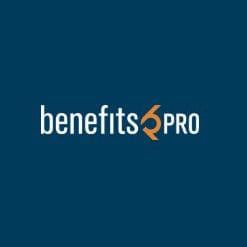HRA and HSA At the Same Time? Yes!
Healthcare spending accounts, such as Health Reimbursement Arrangements (HRAs) and Health Savings Accounts (HSAs), help individuals and families pay for medical expenses. They also provide more control over how and where to pay for those expenses. One frequently asked question is, “Can a person have an HRA and HSA simultaneously?”. The answer is yes; you can have an HRA and HSA simultaneously under specific circumstances. However, to understand the advantages of having both accounts, let’s first look










